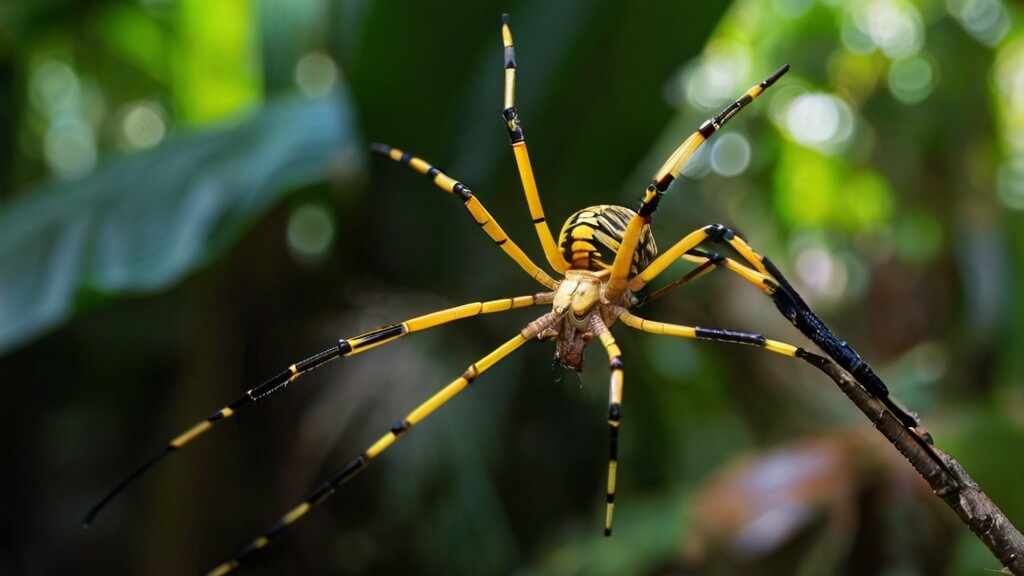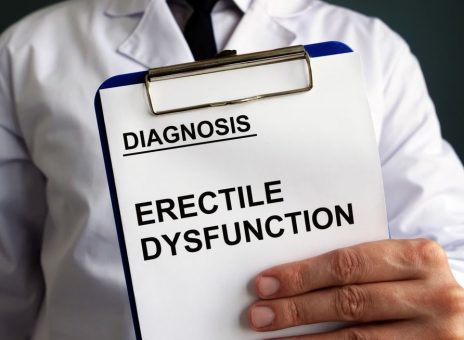Brazilian Banana Spider Helps Treat Erectile Dysfunction.

Thirty years ago, Brazilian researchers began studying the strange side effects of banana spider bites.
The scientists came up with the idea of developing a synthetic molecule that would exploit the properties of the spider’s venom to create a gel to treat erectile dysfunction.
This spider, which is covered with thick brown hairs and can grow up to 15 centimeters long, is one of the most venomous spiders in the world.
It is found in several South American countries and is named for its frequent presence in banana plantations, but it is also known as the “wandering spider” or “armed spider.”
In the state of Minas Gerais in southeastern Brazil, it is found in urban as well as rural areas.
At the Ezequiel Diaz Foundation (FUNED), a medical research center in the state capital, Belo Horizonte, biologists delicately grasp one of the spiders with tweezers and stimulate its fangs to extract a few drops of venom.
FUNED sends this venom to the Federal University of Minas Gerais (UFMG), which is studying which components can be replicated to treat erectile dysfunction, which affects tens of millions of men worldwide.
Maria Elena de Lima, a researcher at UFMG, says, “The venom is only used to characterize the molecule that causes priapism in the bite victim.”
The Brazilian biotechnology company Biozeus has purchased the patent for the molecule.
The company hopes to sell the molecule as an ointment, which, when rubbed into the penis when needed, will cause an erection within minutes, de Lima says.
The molecule triggers the release of nitric oxide. Nitric oxide is essential for erections because it improves blood circulation and widens blood vessels.
The drug is also a potential treatment for prostate cancer, as men with the disease often refuse surgery to remove the prostate because of the potential nerve damage and erectile dysfunction it can cause.
After the first phase of clinical trials was approved by the Brazilian regulatory agency Ambisa, the drug is now in the second of three phases before marketing approval.
De Lima said that the discovery of the potential erectile dysfunction drug “should not be used to kill animals, even venomous ones, because it is a very dangerous thing to do.









